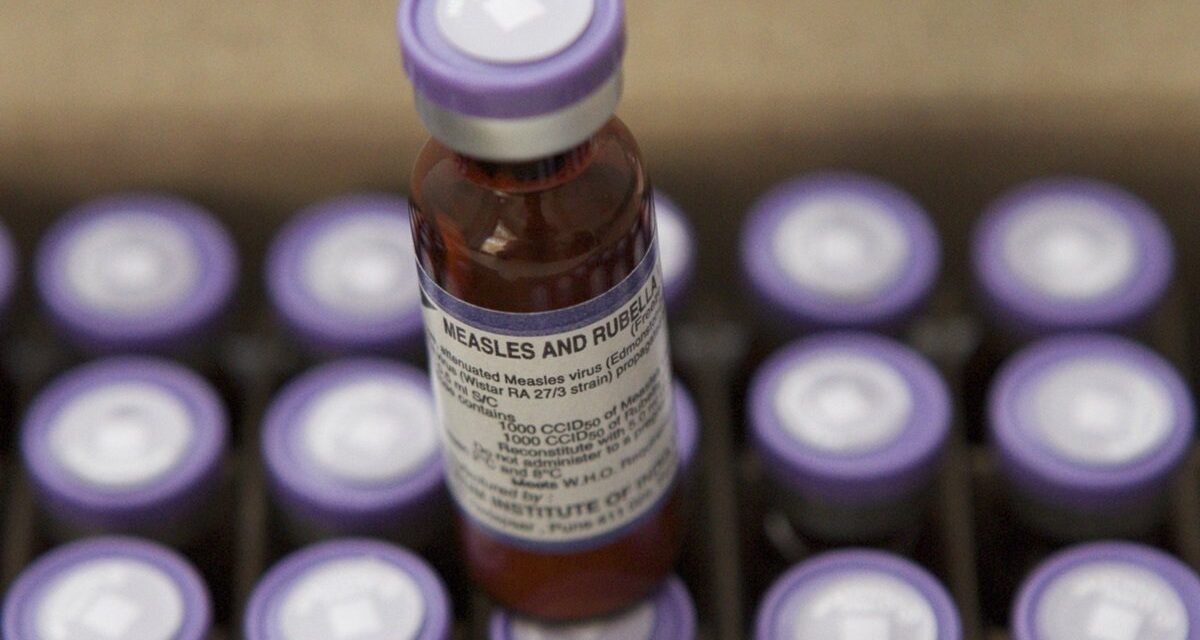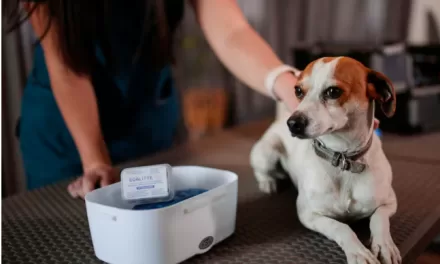
New Zealand residents are urged to remain vigilant for symptoms of measles after an individual, who had contracted the virus, took a Jetstar Flight JQ258 from Wellington to Auckland on Tuesday, October 3rd. Prior to the flight, this person had participated in various activities in the capital.
Dr. Jay Harrower, Medical Officer of Health at Te Whatu Ora Northern Region, advises, “The initial signs of measles include fever, cough, runny nose, and reddened, watery eyes. These symptoms are followed by a characteristic rash. The virus spreads swiftly among non-immune individuals.”
Dr. Harrower further explains, “The infected individual, residing in Northland, had contact with students who attended a week-long SGCNZ National Shakespeare Schools Production event at Scots College. These students subsequently traveled to different parts of the country.”
“We urge those who attended the Scots College event to self-isolate until they receive guidance from public health officials. Passengers on the flight are advised to get vaccinated if they are not immune or unsure. Those at higher risk will be contacted by public health services in the coming days.
We implore New Zealanders to remain vigilant for symptoms or get vaccinated if they haven’t already.”
Te Whatu Ora National Public Health Service teams across the country will be reaching out via text and other means to contact the students and others potentially exposed to the virus. Anyone who believes they may be a close contact should stay at home in quarantine until contacted by public health authorities.
Public health teams across the nation are actively identifying individuals and locations, providing guidance on necessary health measures, and offering support to those who may have had contact with the affected individual.
Information on steps to take if you were on the JetStar flight will be accessible on the Te Whatu Ora website starting tomorrow. A comprehensive list of exposure events will be made available once Public Health Services complete their identification process.
Dr. Rawiri McKree Jansen, Chief Medical Officer for Te Aka Whai Ora – Māori Health Authority, emphasizes, “This incident serves as a serious reminder of the significant risk of measles, particularly to our infants, children, and young adults. The best way to safeguard them is by ensuring they are immunized against measles, along with their surrounding family.”
Individuals are considered immune if they have received two doses of measles, mumps, rubella (MMR) vaccine, or if they have previously had measles. Most individuals who resided in New Zealand before 1969 are also considered immune due to the widespread prevalence of measles at that time.
Those who have not received the measles vaccine, or are uncertain about their vaccination status, are strongly advised to get immunized with the MMR vaccine.
Two MMR vaccines are provided free for individuals under 18 years of age, as well as for New Zealand residents over 18. If you or someone in your family has not received an MMR vaccine or are unsure, please consult your GP, parent, or caregiver.
Dr. McKree Jansen stresses, “We urge everyone to be aware of measles symptoms and to contact your healthcare provider if you suspect anyone in your family has measles.”
Dr. Harrower adds, “We’d like to emphasize the importance of staying current with vaccinations. If you’re uncertain about whether you’ve received one or two doses of MMR, getting vaccinated again poses no additional risk.”
“We also kindly request the media to respect the privacy of the affected individual’s family in this case.”












